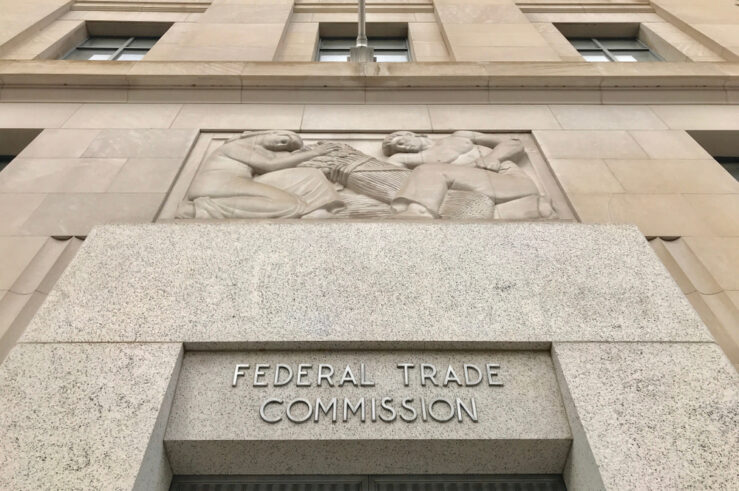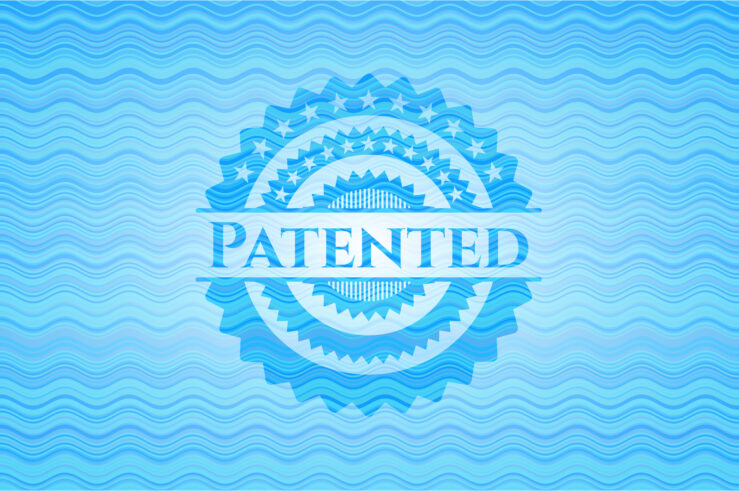Four Horsemen of the Bureaucratic Apocalypse Come for AI
Four prominent horsemen of the Biden administration’s bureaucratic apocalypse—the Federal Trade Commission (FTC), U.S. Justice Department (DOJ) Civil Rights Division (DOJ), Consumer Financial Protection Bureau (CFPB), and the U.S. Equal Employment Opportunity Commission (EEOC)—came together April 25 to issue a joint statement pledging vigorous enforcement against illegal activity perpetrated through the use of artificial intelligence ... Four Horsemen of the Bureaucratic Apocalypse Come for AI
What the European Commission’s More Interventionist Approach to Exclusionary Abuses Could Mean for EU Courts and for U.S. States
The European Commission on March 27 showered the public with a series of documents heralding a new, more interventionist approach to enforce Article 102 of the Treaty on the Functioning of the European Union (TFEU), which prohibits “abuses of dominance.” This new approach threatens more aggressive, less economically sound enforcement of single-firm conduct in Europe. ... What the European Commission’s More Interventionist Approach to Exclusionary Abuses Could Mean for EU Courts and for U.S. States
When Bad Antitrust Costs Lives: The Illumina/GRAIL Tragedy
Regrettably, but not unexpectedly, the Federal Trade Commission (FTC) yesterday threw out a reasoned decision by its administrative law judge and ordered DNA-sequencing provider Illumina Inc. to divest GRAIL Inc., makers of a multi-cancer early detection (MCED) test. The FTC claims that this vertical merger would stifle competition and innovation in the U.S. market for ... When Bad Antitrust Costs Lives: The Illumina/GRAIL Tragedy
Why Competition Enforcers’ Annual Roundtable Should Focus on Competition Advocacy and Combating Anticompetitive Market Distortions
Spring is here, and hope springs eternal in the human breast that competition enforcers will focus on welfare-enhancing initiatives, rather than on welfare-reducing interventionism that fails the consumer welfare standard. Fortuitously, on March 27, the Federal Trade Commission (FTC) and U.S. Justice Department (DOJ) are hosting an international antitrust-enforcement summit, featuring senior state and foreign ... Why Competition Enforcers’ Annual Roundtable Should Focus on Competition Advocacy and Combating Anticompetitive Market Distortions
Is the FTC Threatening Efficient Franchise Relationships?
Franchising plays a key role in promoting American job creation and economic growth. As explained in Forbes (hyperlinks omitted): Franchising as a business institution is oriented toward reducing economic inefficiencies in commercial relationships. Specifically, economic analysis reveals that it is a potential means for dealing with opportunism and cabining transaction costs in vertical-distribution contracts. In ... Is the FTC Threatening Efficient Franchise Relationships?
Mergers and Innovation: DOJ and FTC Take Heed
Economists have long recognized that innovation is key to economic growth and vibrant competition. As an Organisation for Economic Co-operation and Development (OECD) report on innovation and growth explains, “innovative activity is the main driver of economic progress and well-being as well as a potential factor in meeting global challenges in domains such as the ... Mergers and Innovation: DOJ and FTC Take Heed
State-Mandated Digital Book Licenses Offend the Constitution and Undermine Free-Market Principles
Various states recently have enacted legislation that requires authors, publishers, and other copyright holders to license to lending libraries digital texts, including e-books and audio books. These laws violate the Constitution’s conferral on Congress of the exclusive authority to set national copyright law. Furthermore, as a policy matter, they offend free-market principles. The laws interfere ... State-Mandated Digital Book Licenses Offend the Constitution and Undermine Free-Market Principles
7 Top Takeaways from the 2nd Annual Mercatus Antitrust Forum
At the Jan. 26 Policy in Transition forum—the Mercatus Center at George Mason University’s second annual antitrust forum—various former and current antitrust practitioners, scholars, judges, and agency officials held forth on the near-term prospects for the neo-Brandeisian experiment undertaken in recent years by both the Federal Trade Commission (FTC) and the U.S. Justice Department (DOJ). ... 7 Top Takeaways from the 2nd Annual Mercatus Antitrust Forum
The FTC’s NPRM on Noncompete Clauses: Flirting with Institutional Crisis
The Federal Trade Commission’s (FTC) Jan. 5 “Notice of Proposed Rulemaking on Non-Compete Clauses” (NPRMNCC) is the first substantive FTC Act Section 6(g) “unfair methods of competition” rulemaking initiative following the release of the FTC’s November 2022 Section 5 Unfair Methods of Competition Policy Statement. Any final rule based on the NPRMNCC stands virtually no ... The FTC’s NPRM on Noncompete Clauses: Flirting with Institutional Crisis
Patent Pools, Innovation, and Antitrust Policy
Late last month, 25 former judges and government officials, legal academics and economists who are experts in antitrust and intellectual property law submitted a letter to Assistant Attorney General Jonathan Kanter in support of the U.S. Justice Department’s (DOJ) July 2020 Avanci business-review letter (ABRL) dealing with patent pools. The pro-Avanci letter was offered in ... Patent Pools, Innovation, and Antitrust Policy
The New FTC Section 5 Policy Statement: Full of Sound and Fury, Signifying Nothing?
The Federal Trade Commission’s (FTC) Nov. 10 Policy Statement Regarding the Scope of Unfair Methods of Competition Under Section 5 of the Federal Trade Commission Act—adopted by a 3-1 vote, with Commissioner Christine Wilson issuing a dissenting statement—holds out the prospect of dramatic new enforcement initiatives going far beyond anything the FTC has done in ... The New FTC Section 5 Policy Statement: Full of Sound and Fury, Signifying Nothing?
Noah Phillips’ Major Contribution to IP-Antitrust Law: The 1-800 Contacts Case
Recently departed Federal Trade Commission (FTC) Commissioner Noah Phillips has been rightly praised as “a powerful voice during his four-year tenure at the FTC, advocating for rational antitrust enforcement and against populist antitrust that derails the fair yet disruptive process of competition.” The FTC will miss his trenchant analysis and collegiality, now that he has ... Noah Phillips’ Major Contribution to IP-Antitrust Law: The <em>1-800 Contacts</em> Case
















